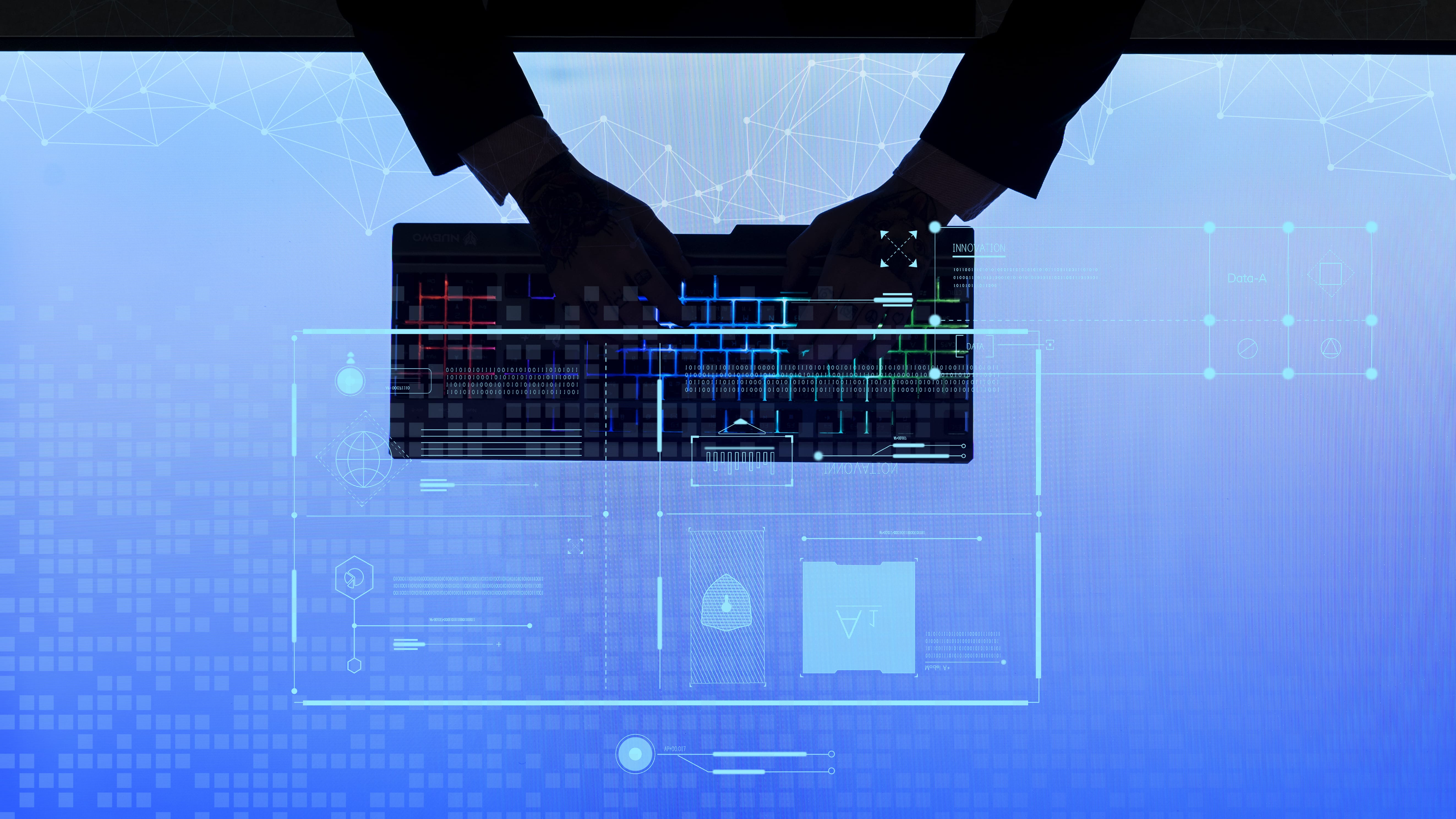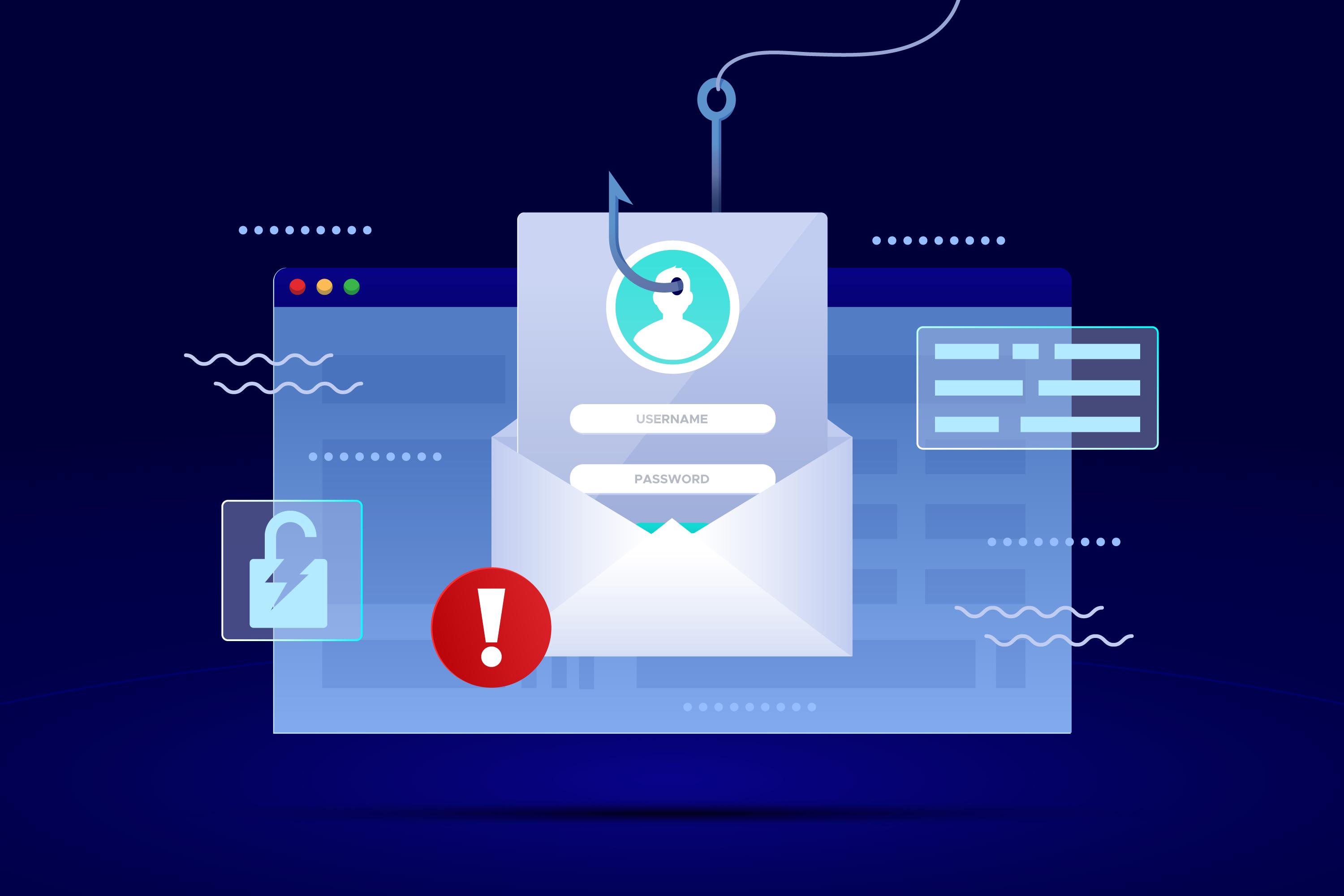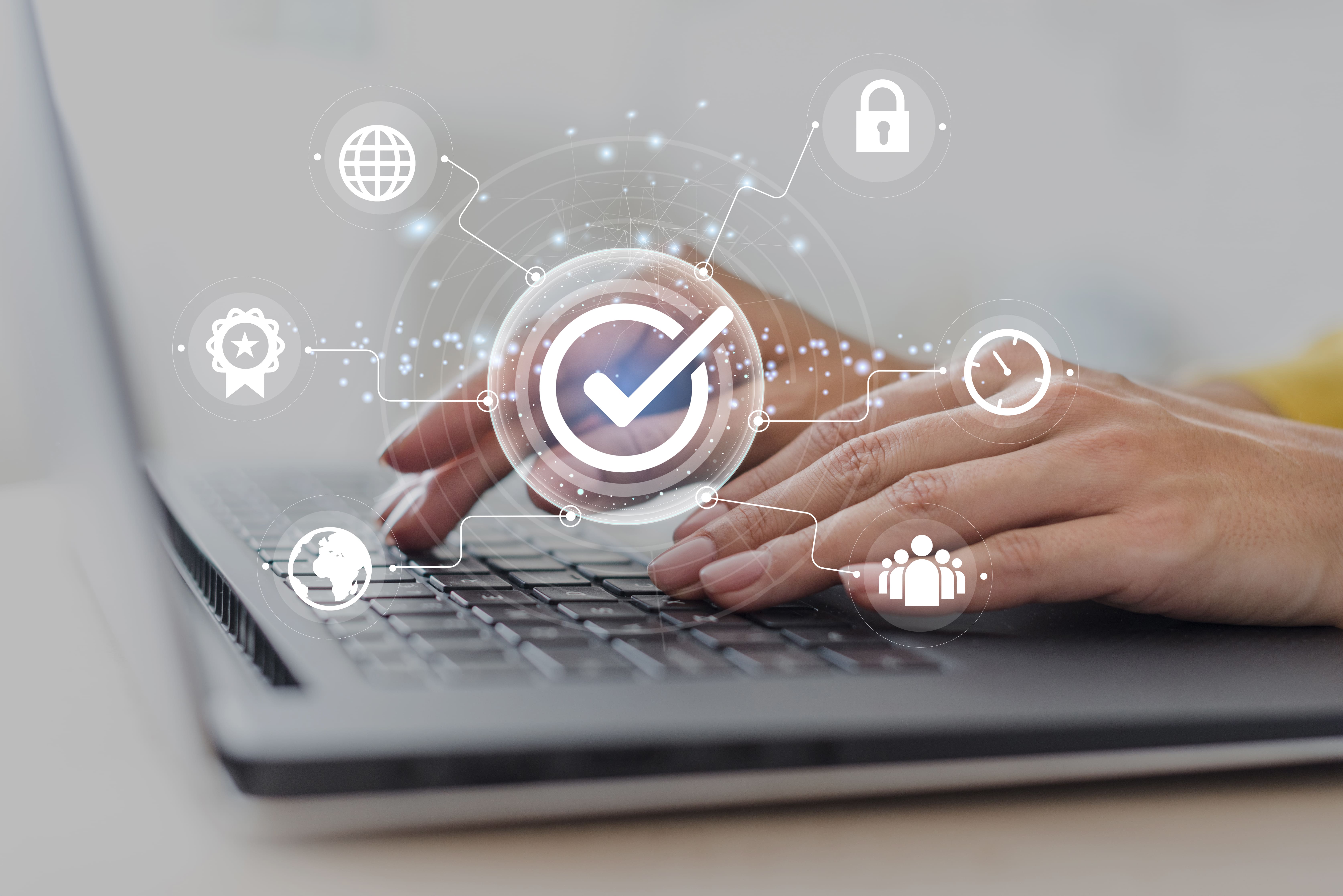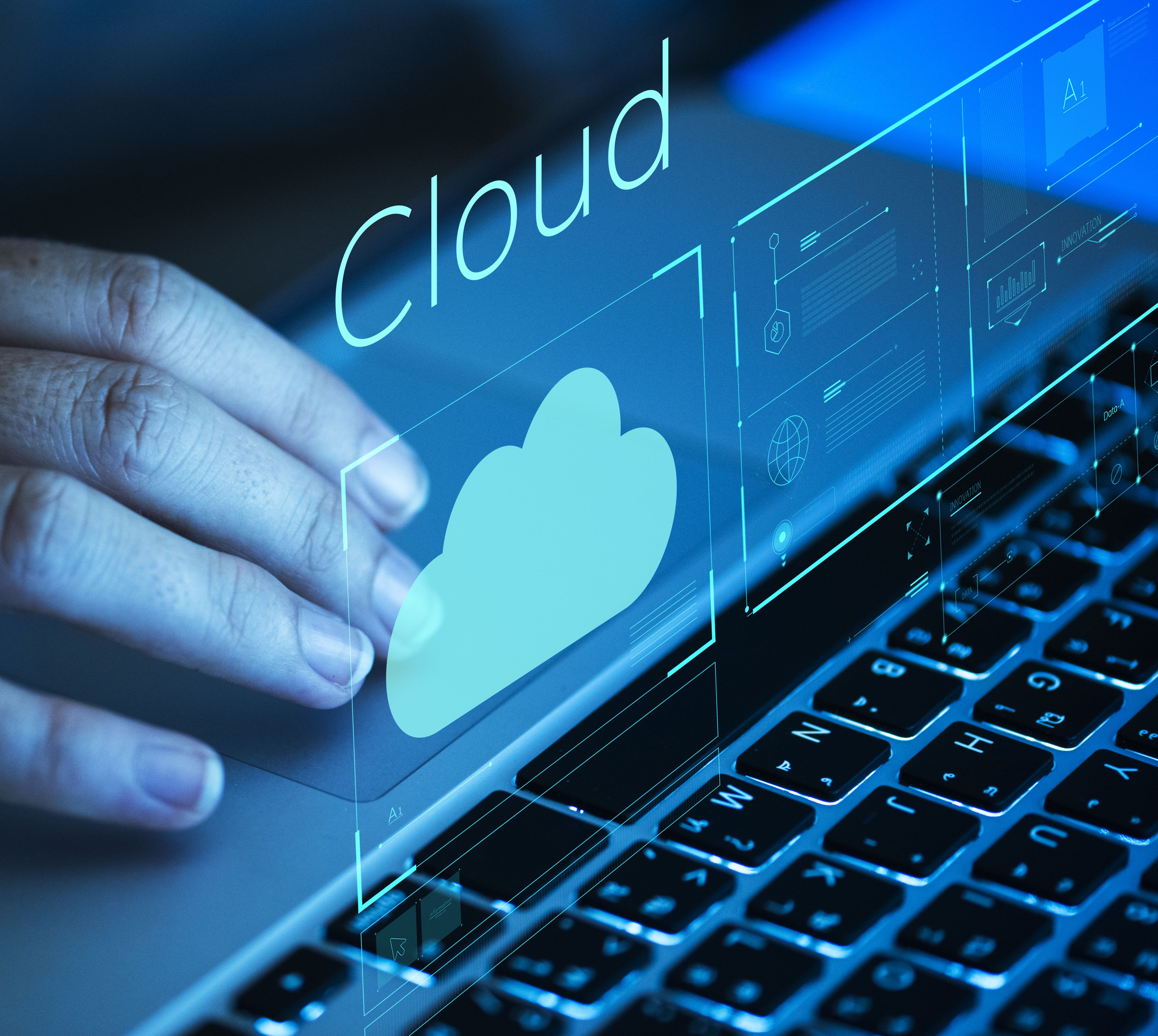
by Rebeca | May 17, 2023 | cloud, cybersecurity, Idaas, soffid, trends
Identity-as-a-Service, or Idaas, is a cloud service that provides a layer of security for users’ digital identities within an organization. With the growing importance of information security and the need to control access to enterprise systems and applications, Idaas has become an increasingly popular solution for many businesses.
An organization can manage and regulate access to its systems and applications through user authentication by leveraging an Idaas service. This guarantees that only authorized individuals have access to the company’s digital resources, which aids in the prevention of unauthorized access and cyber dangers. Idaas also offers many benefits for organizations. First, it allows companies to easily manage user access across multiple systems and applications, simplifying identity management. It also reduces the workload for IT departments, as they no longer need to worry about implementing and managing separate identity and access solutions.
Another significant advantage of Idaas is its scalability and flexibility. Companies can add or delete users as needed, and access regulations can be tailored to their specific needs. Furthermore, security upgrades and enhancements are automatically installed, guaranteeing that the business consistently has the most up-to-date identity security technology.
Idaas is a cloud-based identity security solution that enables businesses to monitor and manage access to their systems and apps. Organizations can increase information security, simplify identity management, and minimize the strain on IT staff by employing an Idaas service. If your firm has not yet adopted Idaas, you should look into it to strengthen identification and access security.
Soffid provides everything required to carry out this service.
Shall we talk?
(1) infosecurity-magazine.com

by Rebeca | May 10, 2023 | cloud, Customer, Definitions
Protecting against Phishing: How Companies Can Stay Safe
Phishing is becoming an increasingly common threat. In this post, we explain in more detail what it is and how hackers access companies’ confidential information. We will also look at ways companies can protect themselves against this type of attack, and how Soffid can help companies and organizations stay safe.
What is Phishing?
Phishing is a type of cyber-attack in which hackers try to deceive users into revealing confidential information, such as passwords or credit card numbers. These attacks are often carried out through fraudulent emails that appear legitimate, and that contain links or attachments that download malicious software onto users’ devices.
Which types of companies are affected by phishing and how do hackers access information?
Phishing can affect any company, regardless of its size or sector. Hackers often target companies that store valuable information, such as customer personal data or financial information. If a successful attack occurs, they can access this information and use it for fraud, identity theft, or extortion.
Cybercriminals send fraudulent emails or messages that appear to be from trusted sources, such as banks or social networks, to lead users to fake websites. There, they enter their credentials, giving access to their personal and financial information. They can also send malicious attachments that download malware. Another common way is through phone calls, text messages, or social media, in which they impersonate legitimate institutions and request information.
How can we protect ourselves?
It is essential for companies to protect themselves against these attacks. Monitoring and analysing emails to detect suspicious patterns, filtering emails, and educating employees about the risks of phishing are some of the implementations that must be carried out. Other important measures include installing cybersecurity tools, such as firewalls and antivirus software.
At Soffid, we want to help protect companies’ data with complete security solutions. Discovery our convergent platform.
Shall we talk?
(1) Gov UK

by Rebeca | May 10, 2023 | cloud, Customer, cybersecurity, News, Release, Resources, trends
Protecting against Phishing: How Companies Can Stay Safe
Phishing is becoming an increasingly common threat. In this post, we explain in more detail what it is and how hackers access companies’ confidential information. We will also look at ways companies can protect themselves against this type of attack, and how Soffid can help companies and organizations stay safe.
What is Phishing?
Phishing is a type of cyber-attack in which hackers try to deceive users into revealing confidential information, such as passwords or credit card numbers. These attacks are often carried out through fraudulent emails that appear legitimate, and that contain links or attachments that download malicious software onto users’ devices.
Which types of companies are affected by phishing and how do hackers access information?
Phishing can affect any company, regardless of its size or sector. Hackers often target companies that store valuable information, such as customer personal data or financial information. If a successful attack occurs, they can access this information and use it for fraud, identity theft, or extortion.
Cybercriminals send fraudulent emails or messages that appear to be from trusted sources, such as banks or social networks, to lead users to fake websites. There, they enter their credentials, giving access to their personal and financial information. They can also send malicious attachments that download malware. Another common way is through phone calls, text messages, or social media, in which they impersonate legitimate institutions and request information.
How can we protect ourselves?
It is essential for companies to protect themselves against these attacks. Monitoring and analysing emails to detect suspicious patterns, filtering emails, and educating employees about the risks of phishing are some of the implementations that must be carried out. Other important measures include installing cybersecurity tools, such as firewalls and antivirus software.
At Soffid, we want to help protect companies’ data with complete security solutions. Discovery our convergent platform.
Shall we talk?
(1) Gov UK

by Rebeca | May 10, 2023 | cloud, cybersecurity, News, Resources, soffid, trends
Cybersecurity threats are constantly evolving, making it difficult to keep up with the latest trends and protect your organisation’s sensitive data.
In today’s post we share the 7 hottest trends in cybersecurity you need to know about.
Cloud Security
As more organizations shift their operations to the cloud, there is an increased need for cloud security. The cloud offers many benefits, but it also presents new security challenges. Organizations need to ensure that they have the proper security measures in place to protect their data in the cloud.
Ransomware Attacks
Ransomware attacks have been on the rise in recent years, and they can be devastating for organizations. Ransomware is a type of malware that encrypts your files and demands a ransom payment in exchange for the decryption key. Organizations need to have a plan in place to prevent, detect, and respond to ransomware attacks.
Artificial Intelligence and Machine Learning
AI and machine learning are being used in cybersecurity to help detect and prevent cyber threats. These technologies can help organizations identify patterns and anomalies in their data that may indicate a cyber-attack.
Internet of Things (IoT) Security
With more and more devices being connected to the internet, IoT security is becoming increasingly important. Organizations need to ensure that their IoT devices are properly secured to prevent cyber-attacks.
Identity and Access Management (IAM)
IAM is becoming increasingly important as organizations adopt a hybrid work environment. IAM solutions can help organizations manage user identities and control access to sensitive data.
Zero Trust Security
Zero trust security is a security model that assumes that all devices, users, and applications are untrusted until proven otherwise. This approach can help organizations better protect their data from cyber threats.
Cybersecurity Workforce Shortage
There is a shortage of cybersecurity professionals, and this trend is expected to continue. Organizations need to invest in training and development to ensure that they have the necessary skills and expertise to protect their data.
These are the 7 hot cybersecurity trends that organizations should consider and be aware of to better protect their data. Companies must take proactive steps to prevent cyber-attacks and minimize the impact of any security incidents.
Shall we talk?

by Rebeca | Apr 26, 2023 | cloud, Customer, cybersecurity, open source, soffid
It is important to understand the latest tactics used by adversaries to compromise cloud infrastructure. Cloud exploitation is on the rise, and it is essential to be aware of the threats that businesses are facing.
Why are adversaries accelerating cloud exploitation?
The rise in cloud adoption has made it an attractive target for cybercriminals. Cloud infrastructures are often seen as less secure due to the complexity of managing and securing these environments. Additionally, many businesses have adopted a “cloud first” strategy, which means that they are prioritizing cloud services over traditional IT infrastructures. This shift has made cloud infrastructure a more valuable target for attackers.
Tactics used to compromise cloud infrastructure:
Misconfigured Services: Adversaries often exploit misconfigured cloud services to gain unauthorized access. This can include misconfigured storage buckets, firewalls, and other cloud services that may expose sensitive data.
Exploiting Weak Passwords: Weak passwords are an easy target for attackers. If credentials are not secured, attackers can use automated tools to perform brute force attacks to gain access.
Social Engineering Attacks: Attackers may use social engineering tactics such as phishing emails or spear-phishing attacks to gain access to credentials or sensitive information.
Supply Chain Attacks: Third-party providers and vendors may have access to a company’s cloud infrastructure. Attackers may target these third-party providers to gain access to their target’s cloud infrastructure.
Advanced Persistent Threats (APTs): APTs are complex and persistent attacks that are designed to gain access to sensitive data over an extended period. APTs can involve a combination of techniques and tools to infiltrate cloud infrastructure.
Adversaries are constantly evolving their tactics to compromise cloud infrastructure. Misconfigured services, weak passwords, social engineering attacks, supply chain attacks, and APTs are just a few of the tactics used by attackers. To protect against these threats, it is essential to implement security best practices, such as multi-factor authentication, security monitoring, and regular security assessments
Soffid provides its clients with all the necessary tools to deal with these risks.
Shall we talk?
Sources
- CroudStrike Global Report
- Redsky Alliance





